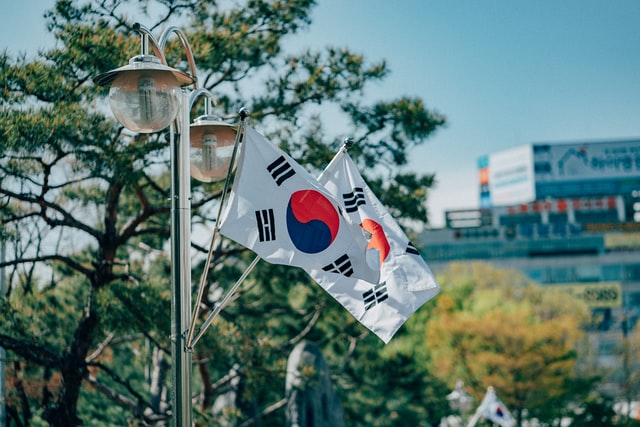Beware of This When Learning Korean

The Korean language uses has honorifics, meaning that words and grammar are used to signify respect to an elder or someone of higher authority. Before living in Korea, I thought honorifics were only used when a young person spoke to an elderly person or a boss. It turns out that in Korea, it’s important to treat many people as a superior, whether they’re a stranger, customer, coworker, or teacher.
I was surprised to discover that Korean words of respect are even used between children who are only a year apart in age. They will call each other brother or sister, signifying who is older. It’s particularly adorable when the youngest students practice their English without sacrificing their Korean manners.
During my first year teaching in Korea, these words of respect were new to me. Often, my students whipped my Korean manners into shape.
Everyday I hear phrases like, “Teacher, Myunghee older sister is late today.” For Koreans, these titles of respect are built into the language, so it just makes sense that the students would carry them over into a new language.
During my first year teaching in Korea, these words of respect were new to me. Often, my students whipped my Korean manners into shape. Once I was grouping students together for an activity and I asked a girl named Soomin if she could be partners with Hayeong, a girl whom she seemed to be close to.
The girls agreed and re-arranged their chairs so that they were next to each other. I wrote a short dialogue on the board and asked the students to practice with their friend. Soomin, being especially strong-willed, said, “No! We aren’t friends!” Not friends? I was shocked at first because Hayeong and Soomin seemed like peanut butter and jelly in and out of the classroom. Hayeong didn’t seem particularly offended, although I was waiting for a different reaction.
“Not friends? But you seem very close.” I crossed my index and ring finger to emphasize the word. Soomin understood my confusion and re-explained. “Not friends. She’s 11 and I’m 12. I’m older sister.”
Everyday I hear phrases like, “Teacher, Myunghee older sister is late today.” For Koreans, these titles of respect are built into the language, so it just makes sense that the students would carry them over into a new language.
Another younger class of mine was shocked at my unawareness of these titles of respect. I took my friend’s teaching position in Korea, so all of the students had her as a teacher the year before. When they asked me if I knew Morgan, I told her that we were very close friends.“Teacher, but you are 23. Morgan is 25. FRIENDS?!”
I tried explaining that in America, friends can be different ages, sometimes more than a couple years a part. For a while, I equally couldn’t understand their reaction, but then I thought about it a little more. In American society we sometimes say about someone we’re close to: “She’s like an older sister” or “He’s like a younger brother.” These distinctions are usually based on comparing our experiences or phase in life, but not always our age numbers.
Beware of This When Learning Korean
Related Reading
So Much Culture Shock in South Korea
South Korea Travel Tips: Rebecca’s Take on Health, Safety and Romance
Finding Balance and Self-Acceptance in South Korea
Have you traveled to South Korea? What were your impressions? Email us at editor@pinkpangea.com for information about sharing your experience and advice with the Pink Pangea community. We can’t wait to hear from you.







